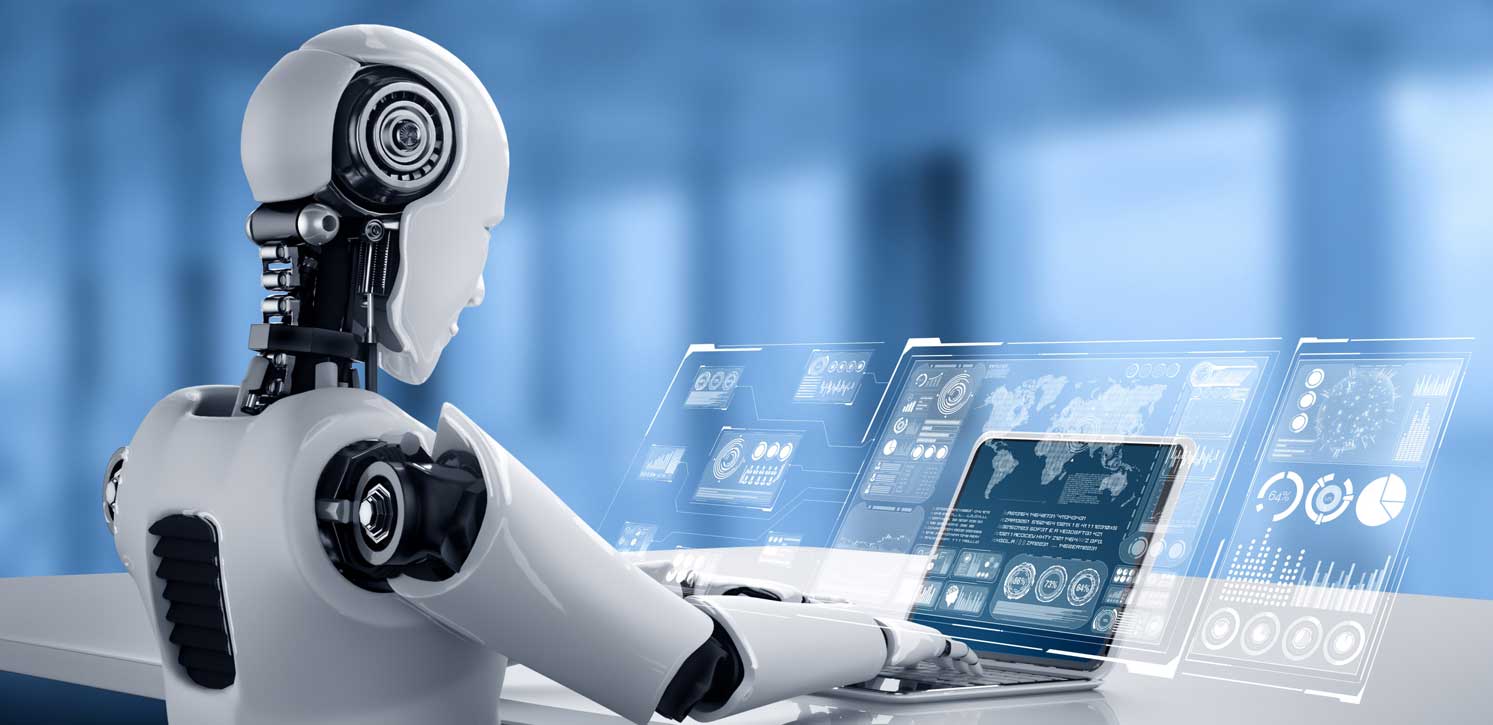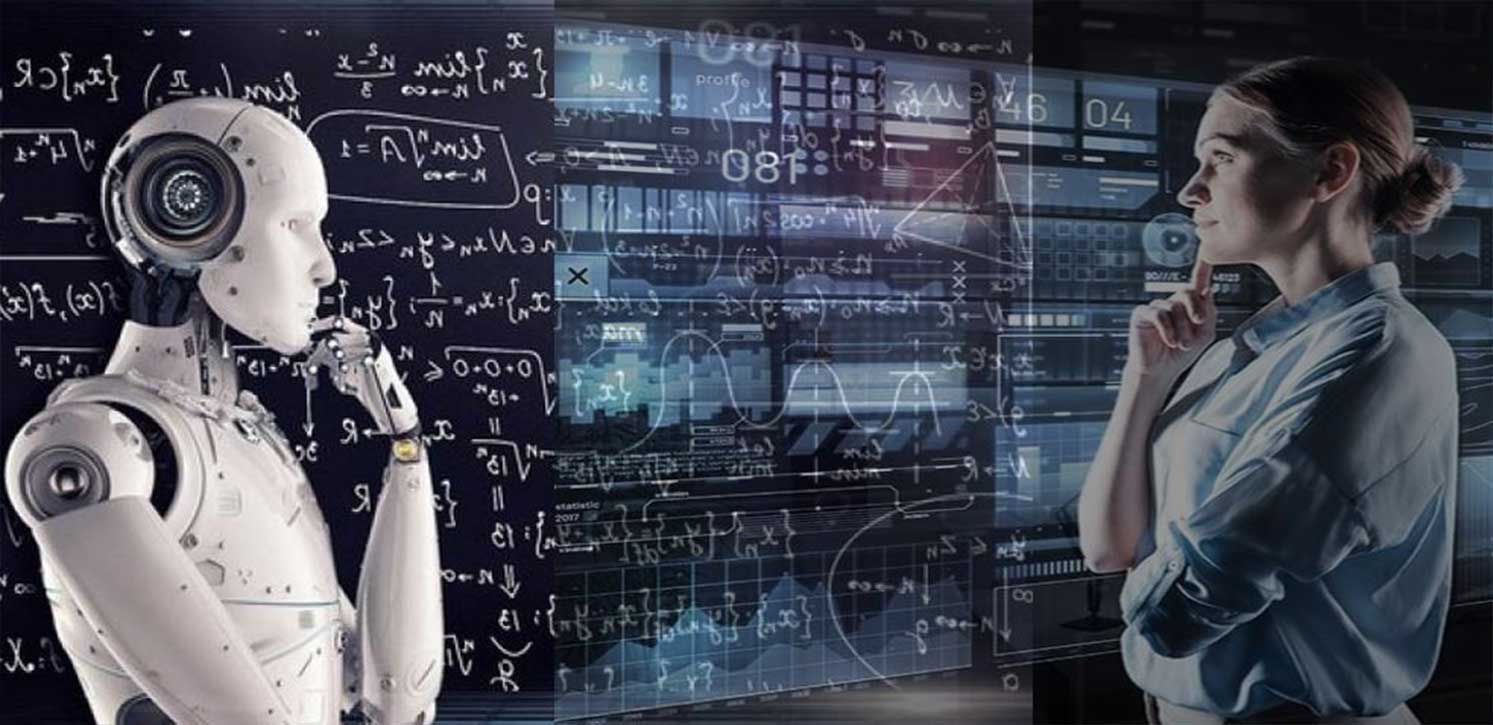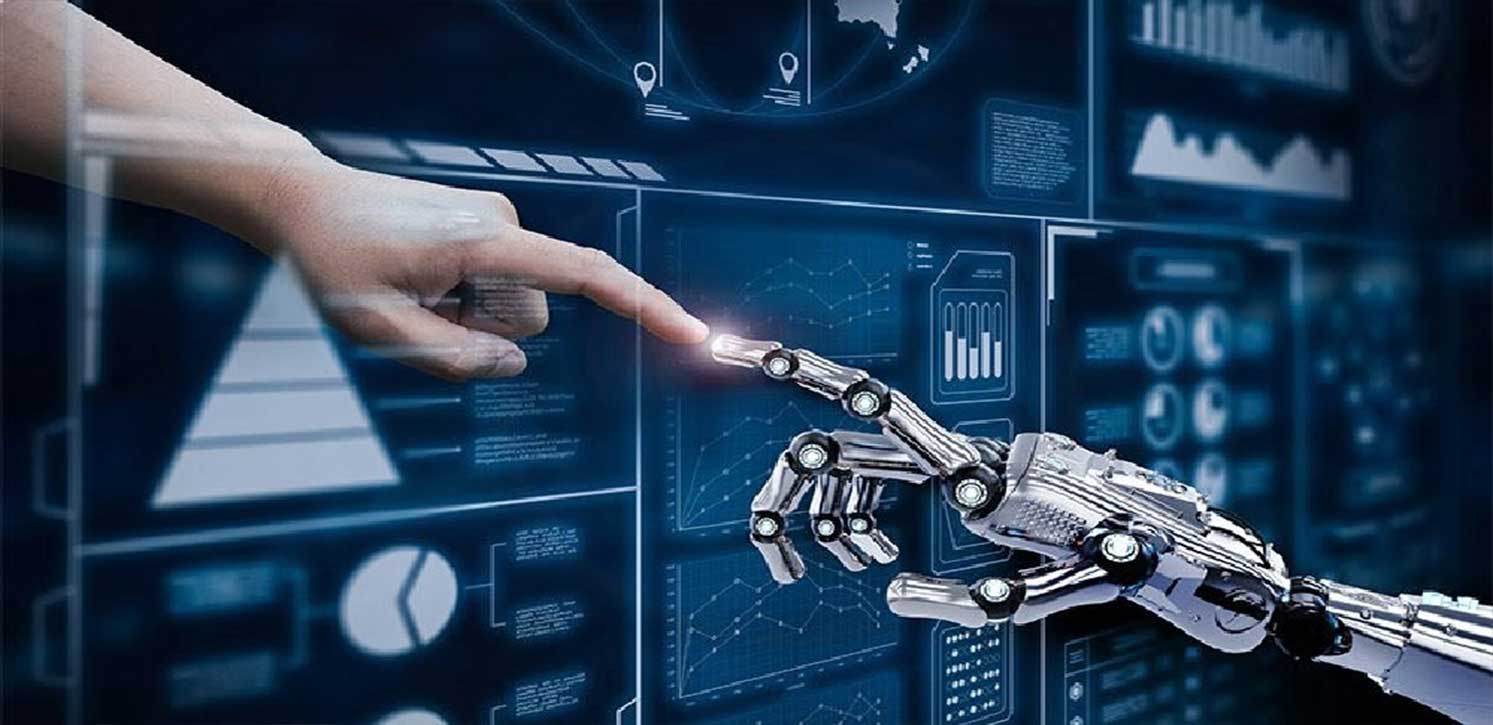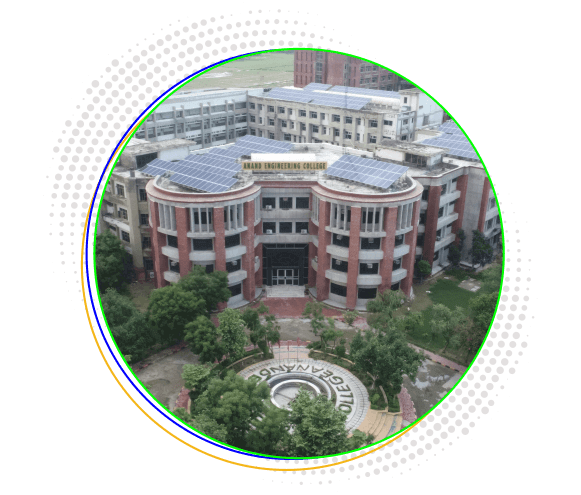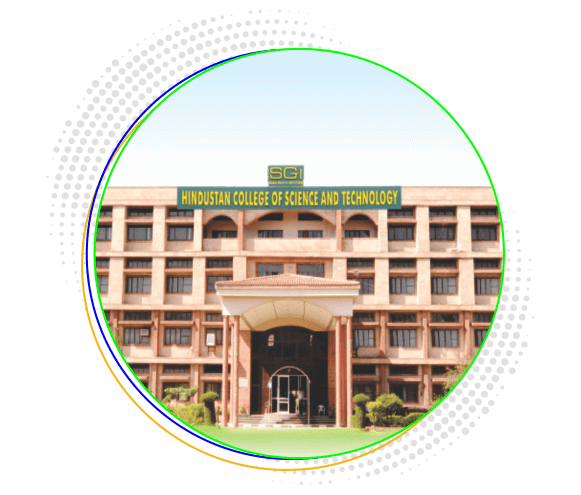About the Programme
B. Tech in Computer Science (Artificial Learning and Machine Learning) is an undergraduate programme with advanced learning solutions imparting knowledge of advanced innovations like machine learning, often called deep learning and artificial intelligence.
This specialisation is designed to enable students to build intelligent machines, software, or applications with a cutting-edge combination of machine learning, analytics and visualisation technologies. The main goal of artificial intelligence (AI) and machine learning is to program computers to use example data or experience to solve a given problem. Many successful applications based on machine learning exist already, including systems that analyze past sales data to predict customer behaviour (financial management), recognize faces or spoken speech, optimize robot behaviour so that a task can be completed using minimum resources, and extract knowledge from bioinformatics data.
This programme discusses AI methods based in different fields, including neural networks, signal processing, control, and data mining, in order to present a unified treatment of machine learning problems and solutions.
Programme Educational Objectives (PEO)
- PEO-1 The graduates will establish themselves as professionals by solving real-life problems using exploratory and analytical skills acquired in the field of Computer Science and Engineering.
- PEO-2 The graduates will provide sustainable solutions to ever changing interdisciplinary global problems through their Research & Innovation capabilities.
- PEO-3 The graduates will become employable, successful entrepreneur as an outcome of Industry-Academia collaboration.
- PEO-4 The graduates will embrace professional code of ethics while providing solution to multidisciplinary social problems in industrial, entrepreneurial and research environment to demonstrate leadership qualities.
Program Outcomes (PO’s)
- PO1:Engineering knowledge: Apply the knowledge of mathematics, science, engineering fundamentals, and an engineering specialization to the solution of complex engineering problems.
- PO2: Problem analysis: Identify, formulate, review research literature, and analyze complex engineering problems reaching substantiated conclusions using first principles of mathematics, natural sciences, and engineering sciences.
- PO3: Design/development of solutions: Design solutions for complex engineering problems and design system components or processes that meet the specified needs with appropriate consideration for the public health and safety, and the cultural, societal, and environmental considerations.
- PO4: Conduct investigations of complex problems: Use research-based knowledge and research methods including design of experiments, analysis and interpretation of data, and synthesis of the information to provide valid conclusions.
- PO5: Modern tool usage: Create, select, and apply appropriate techniques, resources, and modern engineering and IT tools including prediction and modeling to complex engineering activities with an understanding of the limitations.
- PO6: The engineer and society: Apply reasoning informed by the contextual knowledge to assess societal, health, safety, legal and cultural issues and the consequent responsibilities relevant to the professional engineering practice.
- PO7: Environment and sustainability: Understand the impact of the professional engineering solutions in societal and environmental contexts, and demonstrate the knowledge of, and need for sustainable development.
- PO8: Ethics: Apply ethical principles and commit to professional ethics and responsibilities and norms of the engineering practice.
- PO9: Individual and teamwork: Function effectively as an individual, and as a member or leader in diverse teams, and in multidisciplinary settings.
- PO10: Communication: Communicate effectively on complex engineering activities with the engineering community and with society at large, such as, being able to comprehend and write effective reports and design documentation, make effective presentations, and give and receive clear instructions.
- PO11: Project management and finance: Demonstrate knowledge and understanding of the engineering and management principles and apply these to one’s own work, as a member and leader in a team, to manage projects and in multidisciplinary environments.
- PO12:Life-long learning: Recognize the need for, and have the preparation and ability to engage in independent and life-long learning in the broadest context of technological change.
PSO’s
- PSO1: Experiment and prepare programming concepts and provide new ideas and innovations towards research and societal issues.
- PSO2: Analyse and develop computer programs in the areas related to algorithms, system software, cloud computing, artificial intelligence & machine learning, bioinformatics, big data analytics, block chain, cyber security and networking for efficient design of computer-based systems of varying complexity.
- PSO3: Apply standard Software Engineering practices and strategies in software project development using open-source programming environment to deliver a quality product for business success.
People think that computer science is the art of geniuses but the actual reality is the opposite, just many people doing things that build on each other, like a wall of mini stones. Donald Knuth
Program Structure :Artificial Intelligence and Machine Learning Engineering is a 4 year program and the curriculum is spread over 8 semesters. The fundamental objective of the program is to provide the opportunity for the students to develop a firm foundation in Science, Mathematics and Design Methodology of the computer systems. The course covers all the fundamentals and offers a holistic learning environment where students understand, learn and apply the most contemporary and essential tools and technologies required.
In the first year, basic engineering subjects like Physics, Chemistry, Mathematics and Engineering Drawing are covered. From second year, students will focus on core subjects including data structure, programming, operating system, computer networks, web technologies, complier design, software engineering, databases and computer architecture and theoretical computer science.
We at Sharda Group have well equipped laboratories associated with the technical divisions. All labs are equipped with latest software and hardware to provide better research and learning facilities to students to meet the challenges of IT sector.
Programme Objectives
- To prepare students to succeed in this profession and to pursue higher education and research in computer science and allied engineering disciplines.
- To provide students with a solid foundation in mathematics, science and engineering fundamentals required to formulate, analyze and solve the challenges and problems related to computer science and engineering.
- To inculcate in students professional and ethical attitude, good communication skills, leadership qualities, and ability to relate engineering to global perspective issues.
- To provide students with an academic environment that fosters excellence, transparency, and promotes awareness to latest technological impediments.
Eligibility
Duration: 4 Years
Qualification: 10+2 pass from a recognized board or university with Physics, Chemistry, English and Mathematics as compulsory subjects and a minimum of 50% marks.
Scope / Career Prospects: Artificial Intelligence and Machine Learning Engineering is in huge demand these days in almost all the sectors. B.Tech Computer Science and Engineering at Sharda Group offers challenging career opportunities to the students and they have multidisciplinary roles to play.
Artificial Intelligence and Machine Learning have created an awesome impact in our daily lives and have become a part of our daily lives. Artificial Intelligence and Machine Learning both have been used in different Industries, fields of science, the military sector, the educational system and now in the field of Human Services.
If you think Artificial Intelligence is all about smart machines and their intelligence, you are wrong. AI also includes human intelligence or the human brain. That’s why you will find several people to be a part of AI in the next few years. Whereas, Machine Learning is the process of data analytics that a machine uses to gain the ability of a human brain. Machine Learning helps machines to understand the patterns in the data and use them in different ways to help in taking some intelligent decisions. Machine learning has helped a lot in the field of Data Science and has taken the world of automation to another level.
Corporates which recruit SGI Computer Science engineering students
Software Companies:
- TCS
- Infosys
- Oracle
- Tally Solutions
- Sopro
- Huawei
- Satyam
- L & T Infotech
- HCL
- I-Gate
- I-Flex
- Polaris
- M-Phasis
- ITC Infotech
- R-Systems
- Ramco
- Belmark
- Persistence
- Geometric Solutions
- NIIT Technologies
- Torry Harris
- Wipro Infotech
- EDS
- Webcom
- Global Logic
- Compare Infobase
- Kale Consultants
- U.S. Technologies
- Jaintec Software Solutions
- EMC2 Ltd.
- Netchasers
- Sapient
- Sapient Informatics
- Accenture
- Daffodil Software
Networking Companies:
- HCL Infosystem
- Data Armor
- Spanco
- Hughes Communication
- Idea
- Tata Tele Services
- Sterling Telecom
- INS Ltd.
Mobile/Communication Companies:
- Sasken
- Z-Teck
- Electro Com
- Sony Ericsson
- L.G. Electronics
- Control & Switchgears
- TNS
- Abacus

